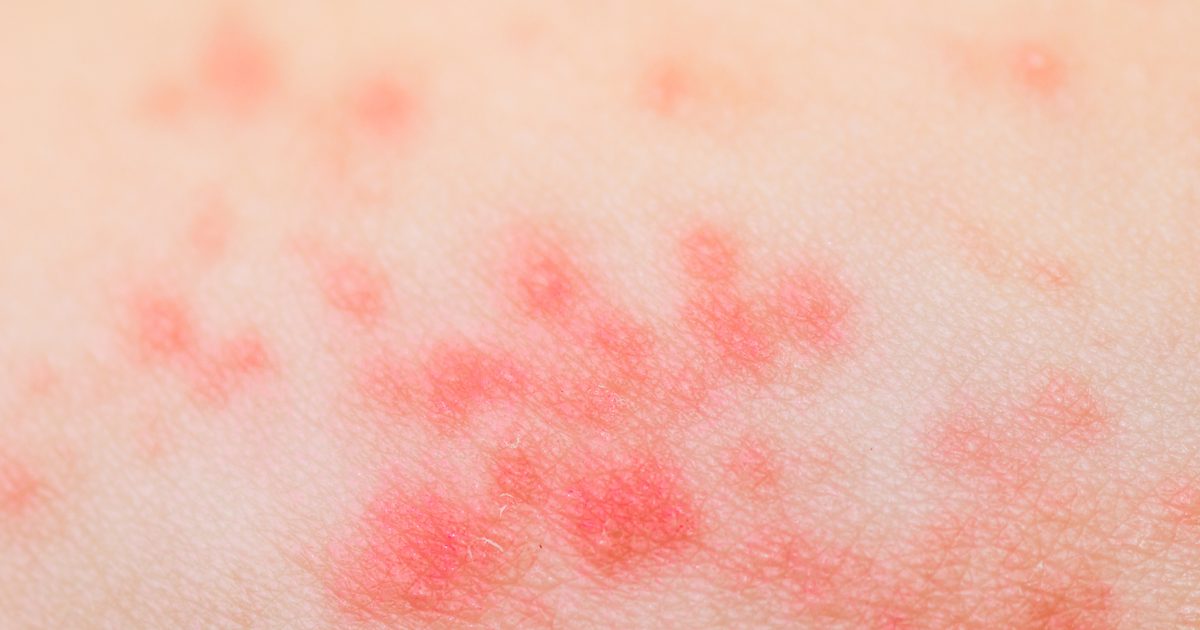Causes, Risk Factors, And Complications Of Shingles
Conditions That Compromise The Immune System

If individuals have certain conditions that compromise the immune system, they have a much higher chance of developing shingles. Cancer, HIV, AIDS, and other autoimmune diseases all increase this risk. When an individual's immune system isn't holding the virus at bay, there's a larger chance it will reactivate and spread to the tissues in their skin. One other concerning thing is that a study showed patients with autoimmune diseases might have a higher chance of having a stroke after developing shingles.
Researchers are still looking into the factors that may have caused the increased stroke risk. Autoimmune diseases occur when the immune system mistakenly believes parts of the body are invading pathogens that must be destroyed. This leads to the immune system attacking healthy tissues throughout the body. One of the most common autoimmune diseases is rheumatoid arthritis, but there are many others as well.
Skin Infections

One of the potential complications of shingles is the development of skin infections. These are infections that exist independently of the overall infection with the shingles virus. It's important to treat shingles blisters properly and make sure they're kept clean and away from potential bacteria exposure. If bacteria get into the abrasions, bacterial skin infections can develop. Viral and fungal infections can also take root in the skin, but these are less likely than bacterial infections.
If the infection is mild, patients may be able to treat it using basic over-the-counter medications, but it is also possible they will need a course of antibiotics to combat the bacteria. Mild bacterial skin infections will typically be treated by using topical antibiotics, but if the infection is more advanced, patients might need a course of oral antibiotics. Some of the most common types of bacterial skin infections are leprosy, boils, impetigo, and cellulitis.
